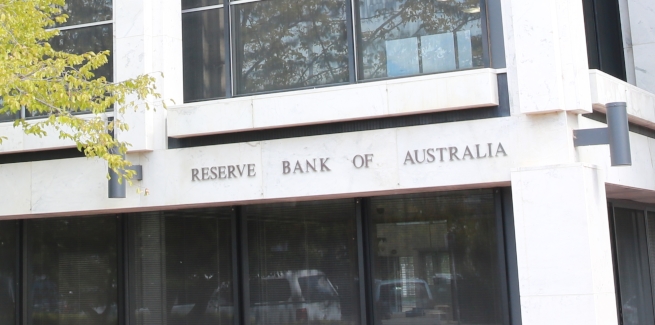The Reserve Bank of Australia (RBA) has dropped the official cash rate to a new record-low of 1.25 per cent, following its February board meeting.
Despite all industry pundits surveyed on comparison website Finder.com.au’s panel predicting a hold verdict, 60 per cent of panellists touted the possibility of a looming rate reduction amid slowing conditions across some economic indicators.
Shane Oliver, chief economist at AMP Capital, did not expect weakening market conditions to prompt the RBA to cut rates in February.
“While economic data has generally been soft since the last board meeting in December, it’s unlikely to have been weak enough yet to prompt the RBA to cut rates, particularly given that its bias has still been to raise rates,” Mr Oliver said.
Further, CoreLogic head of research Tim Lawless noted the downturn in the housing market, which he said has “gathered some momentum” over the past three months, pointing to the group’s latest research, which revealed that national dwelling values dropped 5.6 per cent in the year to 31 January 2019.
Mr Lawless added that recent out-of-cycle mortgage rate increases from lenders in response to the sustained rise in wholesale funding costs would also weigh on the RBA’s outlook.
“The weeks preceding the RBA meeting saw several smaller lenders pushing mortgage rates higher in response to persistently high funding costs, following an average 14 basis point rise in owner-occupier mortgage rates since September last year,” he added.
“If we see mortgage rates rising more broadly, we might see the RBA become more willing to consider a rate cut in an effort to offset higher funding costs and support heavily indebted household balance sheets.”
Additionally, mortgage aggregator Finsure’s managing director, John Kolenda, claimed there is “not a single shred of positive economic news” that could dissuade the central bank from cutting rates.
“This is increasing pressure on the RBA to lower rates, particularly when you weigh up all the negative factors, which include the coming federal election, the response to the final report of the Hayne royal commission, the falling property market and external matters such as the US-China trade war and Brexit,” he said.
“There are just too many headwinds at the moment.”
However, Mr Kolenda did not expect a rate cut until after the upcoming federal election.
“I don’t think they would cut rates during an election campaign,” he said.
“If it does happen, it would most likely be in the third quarter, unless there is a material change in the overall economy.”
Despite the rise in expectations of a rate cut, some observers were of the view that the RBA’s next move would be up.
“Reasonable economic backdrop says next move is probably up. But low inflation means no hurry to act,” the Commonwealth Bank’s chief economist, Michael Blythe, said.
 ;
;
